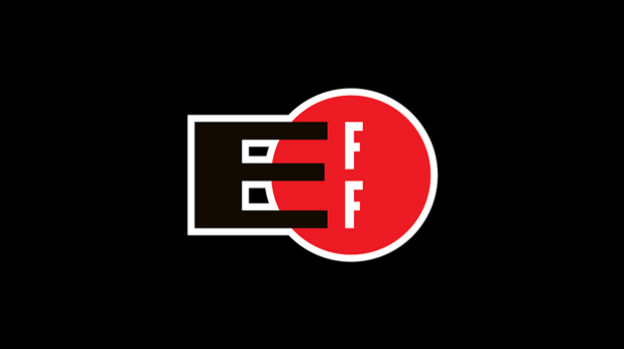
The Electronic Frontier Foundation scored a big victory last year when it successfully petitioned the U.S. Copyright Office to protect smartphone jailbreakers and video remixers with exemptions under the Digital Millennium Copyright Act. Now the EFF is looking to expand the scope of those exemptions with some new requests that protect (or further protect) the “jailbreaking” of smartphones, tablets and gaming consoles, allowing them to run software that isn’t necessarily supported by the device’s manufacturer. The organization is also seeking greater protections for those who “use excerpts from DVDs or downloading services to create new, remixed works.”
“The DMCA is supposed to block copyright infringement. But instead it can be misused to threaten creators, innovators, and consumers, discouraging them from making full and fair use of their own property,” EFF Intellectual Property Director Corynne McSherry said.
“Hobbyists and tinkerers who want to modify their phones or video game consoles to run software programs of their choice deserve protection under the law. So do artists and critics who use short excerpts of video content to create new works of commentary and criticism. Copyright law shouldn’t be stifling such uses – it should be encouraging them.”
The problem, as you probably already know, is that modded consoles — the term “jailbreak” really just applies to iOS devices — are often used for the purpose of piracy. The exemption would not (and, rightfully, can’t) protect content theft, so it’ll still be illegal (and very, very immoral) to use downloaded or otherwise stolen software.
The DMCA has often been used to “chill competition, free speech and fair use,” the EFF claims, and so these exemptions “are meant to mitigate the harms the law has caused to legitimate, non-infringing uses of copyrighted materials.” The request will be put through a battery of hearings next spring, with a ruling from the U.S. Copyright Office expected to come in October 2012.


